
Madalyn joined us during our last photoshoot for our Chest Port Access Blouse collection. We had the privilege to learn more about her diagnosis journey with Chondroblastic Osteoscarcoma, a form of cancer that starts in the bones (also known as bone cancer) in November of 2020 at the age of 24. We hope Madayln’s story empowers others that may be going through a similar diagnosis with cancer or another chronic illness. Continue reading to find out Madalyn's full story.
How did you uncover Chondroblastic Osteosarcoma?
I uncovered my cancerous tumor myself. I first experienced some pain and discomfort in the right side of my chest after a weekend where I went on a high intensity rock scramble hike in October of 2020. I examined the area where I had pain and could see and feel (noticing for the first time) a hard, stationary, lump in the right side of my chest.
I scheduled some doctor appointments, got an x-ray and a CT scan which warranted evaluation by a cardio thoracic surgeon and a biopsy of the mass. The biopsy revealed the diagnosis of Chondroblastic Osteosarcoma originating from within my fifth right rib. A PET scan revealed that this was a primary tumor and there was no other detectable tumors as of December of 2020. However, Chondroblastic Osteosarcoma is a “high-grade” form of cancer which has the potential to spread quickly, thus both chemotherapy and a resection surgery were part of my treatment plan moving forward.
What has your treatment journey been like?

My treatment journey was an uphill battle. Two weeks after my diagnosis, I took a catastrophic medical leave of absence from the dream job I had just started three months earlier. The next day, I had a chest port implanted into my chest to receive my chemotherapy. I also completed an egg retrieval process in anticipation of potential future infertility. Just after completing those surgeries, I celebrated the winter holidays, shaved my head, and began chemotherapy treatment in the last few days of 2020. I went on to receive two cycles of the “MAP” chemotherapy treatment, a standard treatment course for bone cancer, over the course of three months. Following this initial treatment, I had my cancer removal surgery on March 15, 2021. The removed my 6 inch long tumor, a large portion of my right rib cage (ribs 4, 5, and 6), and reconstructed my chest wall. After recovering for a month, I started the next phase of post-surgery chemotherapy treatment (spanning across four additional months).
Due to some complications, I had to be re-hospitalized for additional surgeries to remove over 1000mL of post-surgical fluid buildup in my chest, recover again, start a 5-month physical therapy journey, and receive regular blood and platelet transfusions. I was also treating ongoing brain fog, physical limitations, and nerve damage pain with a cancer rehabilitation specialist, and mentally recovering as well. I ended up completing chemotherapy treatment in July of 2021, a full 7+ months after the start of my treatment
What advice can you give to someone going through a similar medical treatment?
My best advice for someone going through a similar treatment or any challenging moment in their life is “you cannot always control what happens to you, but you certainly can control how you respond.” No cancer diagnosis, treatment, surgery, or recovery is easy. That is why it is so important to be involved in your care, ask questions, educate yourself, talk to others, be present, do things that make you smile, do things that make other people smile, find support, continue to hope, and be grateful.
What advice can you give to a friend or family member who wants to support a loved one battling cancer?
If you are looking to support someone going through a journey with cancer, my best advice is to reach out. It can seem scary to bring up scary topics or ask questions that evoke emotions. However, it feels good to patients/survivors when we get to talk about what we are going through without feeling like a burden to others and bringing it up ourselves. It’s helpful for us to talk about what we’re going though and it keeps essential friendships and connections open.
Interested in reading more cancer diagnosis stories and advice? Here's our recommendations:

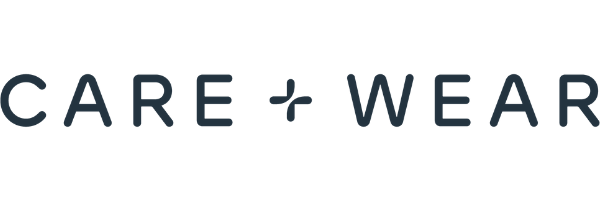

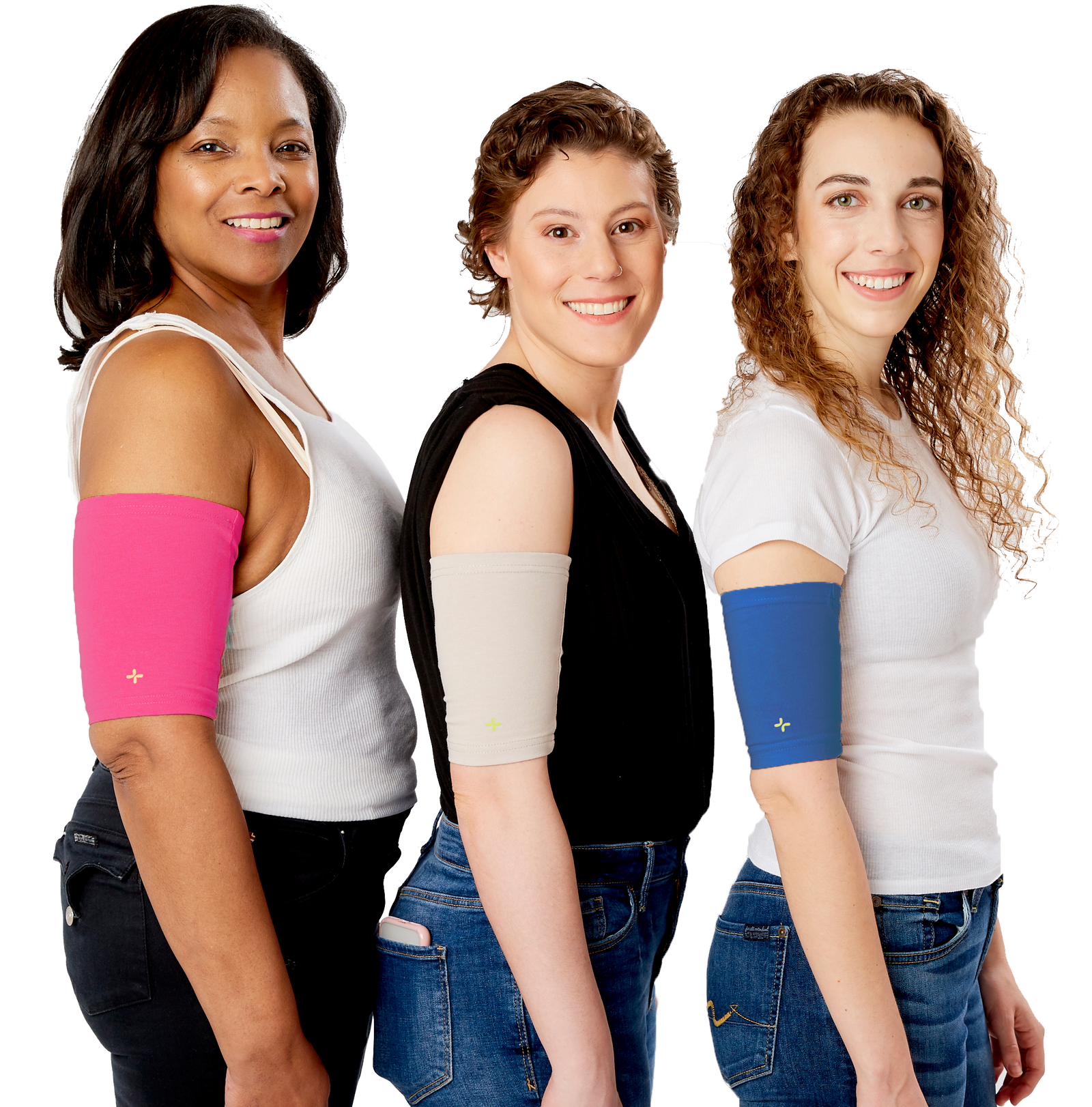

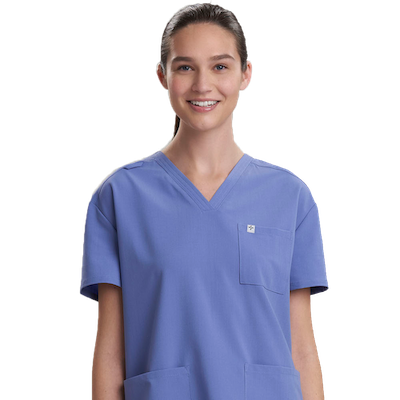
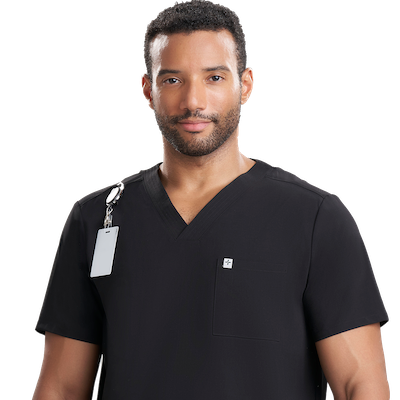
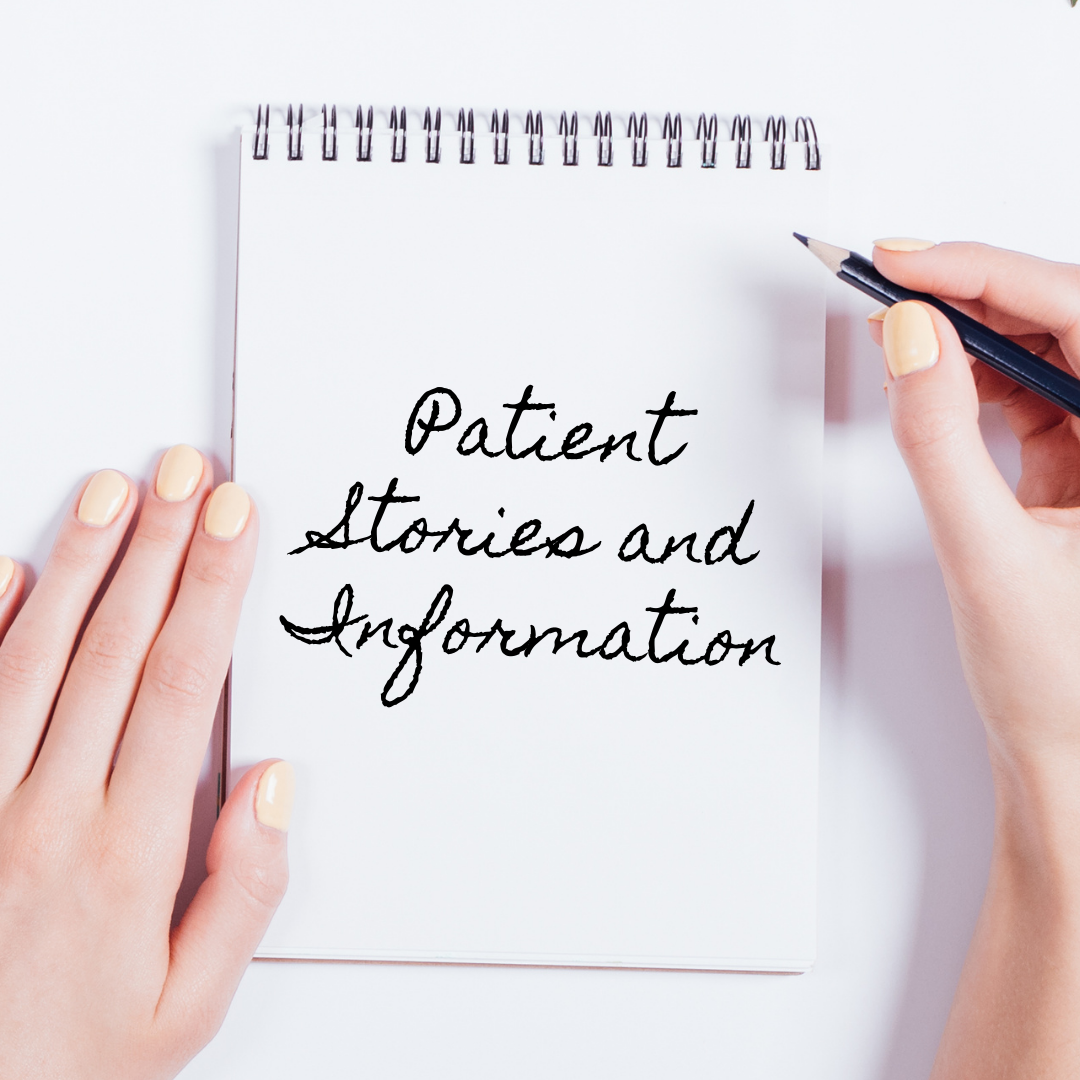
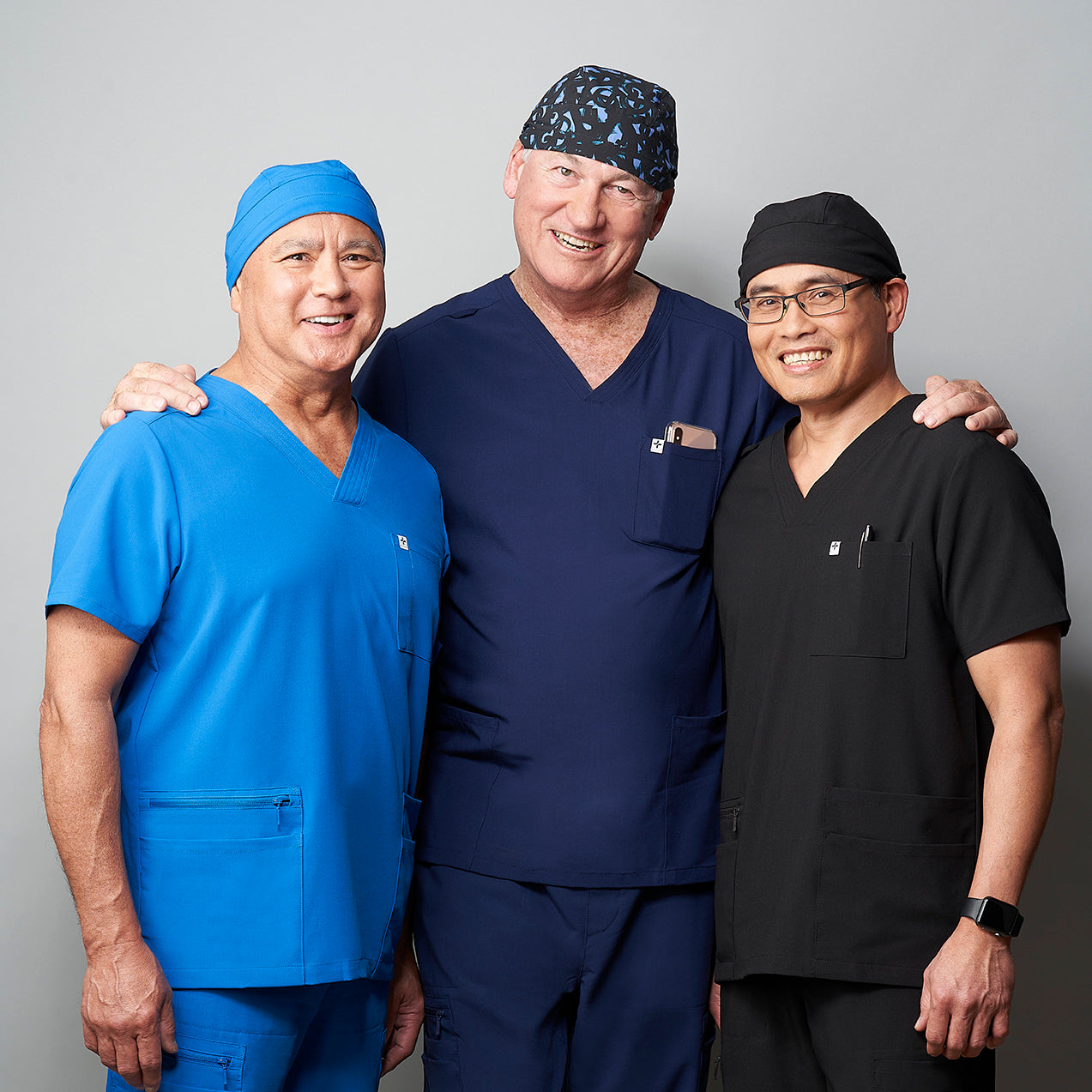
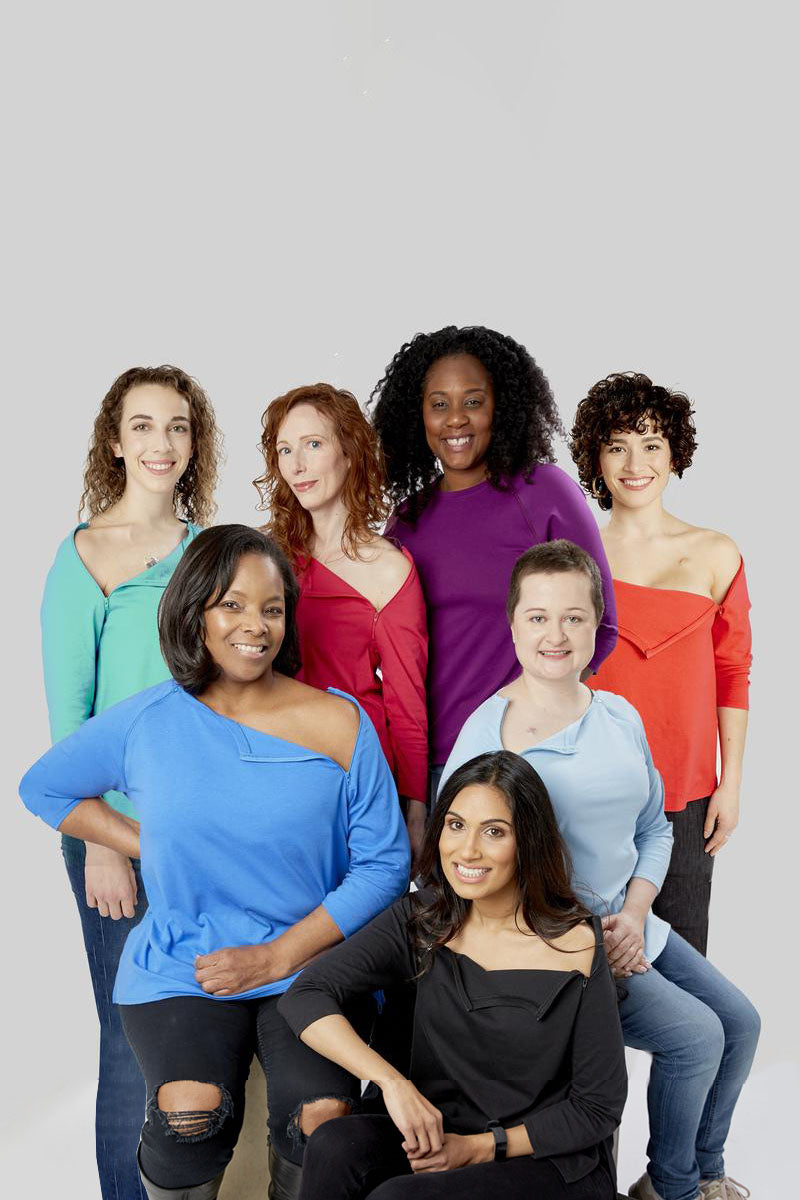
Leave a comment (all fields required)